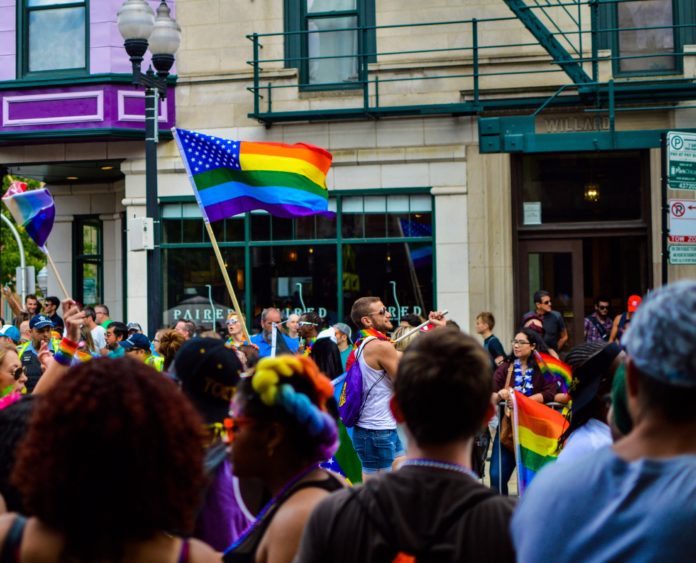
On May 23, the Southern Utah Drag Stars filed a lawsuit against the city of St. George, Utah, that denied the organization a special events permit for a family-friendly drag show.
Drag Stars’ connected the city’s refusal to grant a permit with the years-long trend across the country to target drag performances and LGBTQ+ pride events. The lawsuit claims the denial is in violation of the First and 14th amendments, as well as the Utah Constitution. Drag Stars intends to seek a preliminary injunction to allow their organization to host its drag show in June.
In March, Mitski Avalōx, a resident Drag Star, applied for a special events permit to host the group’s drag event, Allies & Community Drag Show Festival, at J.C. Snow Park. The city denied her application, alleging she violated its advertising ordinance, which prohibits advertising for special events until the city grants a permit. According to the lawsuit, the advertising ordinance was not routinely enforced because permits are typically not issued until the day of or the day before events, making advertising an event difficult. Drag Stars appealed the permit denial and, at the hearing, the city denied it again.
While Avalōx’s application was pending, St. George suspended considering any new special event permits for six months, denying Drag Stars the opportunity to submit a new permit application after the initial rejection. The city later exempted “city sponsored” events from the six-month ban on new permit applications.
“Drag is dance, fashion and music – it is also deeply rooted in political speech – all protected by the First Amendment,” said Emerson Sykes, senior staff attorney with the ACLU Speech, Privacy and Technology Project, in a May 23 press release from the American Civil Liberties Union of Utah.
Just last year, lawmakers in six states proposed bills to ban drag. Drag performers and venues across the country have moved to higher security and canceled performances. Governmental attempts to restrict drag performances cause more harm to trans and LGBTQ+ youth, who are already at a higher risk of depression and suicide, according to the ACLU of Utah.
A high school sophomore in St. Augustine, Florida, felt it necessary to flee the state for a better life, according to a March article by NPR. “It’s unbelievable how far the state has fallen,” she said to NPR.
“I thought that they would realize what they’ve done wrong and, you know, repeal some things,” said the student to NPR. “But they just kept going. It just became, like, too real, too fast.”
PRIDE events in Florida were canceled by organizers this year due to anti-drag laws being implemented across the state. According to coverage by The Hill, LGBTQ+ residents expressed they don’t feel the current climate is safe.
But Florida’s Lake City Pride shared in a facebook post: “No unconstitutional law will keep us from celebrating our PRIDE event.”
In Colorado, a bill about increasing penalties for indecent exposure, House Bill 23-1135, has brought criticism by Rep. Leslie Herod, the state Democratic house representative of a Denver-area district since 2017, who said the bill could target transgender residents throughout the state.
“These types of laws have been used to ban drag shows, to target individuals who use the restroom — the sex they identify with, a public restroom — to charge them with felony charges,” Herod said, outlining her frustrations with the measure from the House floor in April. “I’m very concerned about the attacks against the transgender community that are happening across the country.”
In a press release announcing the Utah lawsuit, Jeremy Creelan, a partner at national law firm Jenner & Block, said “LGBTQ+ performers are entitled to protections under the First and Fourteenth Amendments, and we are asking the court to protect these fundamental rights…”
Southern Utah Drag Stars is represented by lawyers from the ACLU, the ACLU of Utah and the law firm Jenner & Block.
The full complaint can be found here.

